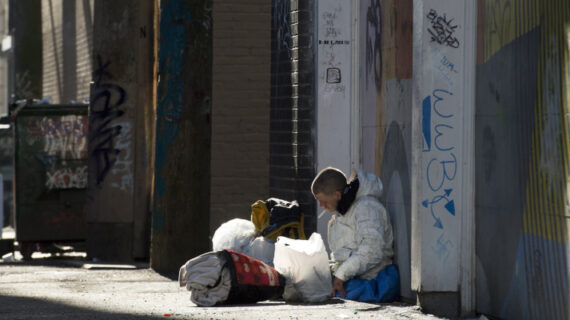The post-COVID economy has been a little nuts. After two years of mostly sitting at home trying not to die, people are living it up. And the global economy is running hot. Central banks around the world have sharply increased interest rates in part to cool off consumer demand. Consumers aren’t having it.
With everyone with any disposable income trying to make up for two years of lost experiences, the cost of leisure has skyrocketed. Hotel rooms in mid-sized American cities are running around three hundred American dollars. Flights have tapered off a bit from last year, but they’re still not cheap. But if you really want to see the excesses, look no further than Taylor Swift’s Eras tour.
I’m not exactly up to speed on pop music. Frankly, it’s been a decade since I’ve paid attention to new music. So I didn’t really grasp the magnitude of the Taylor Swift phenomenon until I was booking a hotel room in Cincinnati a few weeks ago. Reasonably normal-looking hotels had suspiciously negative reviews. So I decided to dig into it.
It turned out the Eras tour had blown through town two days before, leaving behind a trail of negative hotel reviews. Since everyone in Southwestern Ohio and Northern Kentucky with a pulse wanted to go to the concert, hotel prices ballooned. Swifties were not happy. Prices doubled, and normally abundant but temporarily scarce parking spaces went for fifty bucks. Reviews for the hotel I booked took such a temporary beating that I was able to lock in a room for about twenty percent below the current weekday rate. Thanks, Swifties!
Of course, hotel prices aren’t the whole deal. Usually getting and staying somewhere is the most expensive part of a vacation. Not if you’re going to see the hottest show in the world. Even in Cincinnati—hardly the biggest concert market—ticket prices climbed to over a thousand dollars, with last-minute tickets dipping to the eight hundred dollar range.
Fans are understandably frustrated. After all, not everyone can shell out a thousand dollars for a concert ticket. The trouble is, there’s not enough Taylor Swift to go around. Someone is going to miss out, no matter the price.
To illustrate this, let’s consider the recently announced Toronto leg of the tour, set to take place in 2024. The tour will include six shows at the Rogers Centre, which has a capacity of just over 50,000 people. In other words, there will be around 300,000 seats available. In other words, fewer than one seat for every ten Torontonians, or enough for around one percent of Canadians. It’s not a surprise that tickets are going for thousands of dollars on the resale market.
No matter how you distribute tickets, some people are going to be left out. Who gets left out will be determined either by prices or by some form of arbitrary rationing. We can argue about whether it’s better that some people are able to profiteer by reselling tickets for several times face value, or whether it’s better that people are excluded by some arbitrary, non-monetary means (say, by picking people at random and preventing resales). But there isn’t really a third option—we can’t make more Taylor Swift. At least not with current technology.
Sadly, Taylor Swift won’t be young forever. One day the stadium lights will go out. Some people are going to miss out. That sucks. But there’s no way around it. We can’t all be there for the big moment. Not always, anyways.
What interests me about the Eras tour isn’t the tour itself or even the entertainment business. It’s about how people think about scarcity. We see it in everything from concert tickets to housing. When there are more potential buyers than sellers, prices tend to go up. People often conclude that it’s simply a matter of greed. Building one more “luxury” condo I can’t afford won’t solve this! And that can very well be true when there’s a severe shortage.
Unlike unique, unrepeatable events, most things aren’t inherently that scarce. We can actually build our way out of housing shortages—if we choose to. There’s a reason why housing prices are much lower in fast-growing cities like Phoenix and Dallas than they are in prestige cities like San Fransisco and New York. They build way more houses!

On the other hand, Taylor Swift could probably double the number of shows and tickets would still be expensive. There are just so many people who want to see the tour, and who would be willing to go several times. By contrast, there are only so many houses anyone will buy. Even speculators.
I worry that we learn lessons from these edge cases that aren’t really applicable to normal situations. The fact that there isn’t enough Taylor Swift to go around should tell us precisely nothing about public policy. Most things aren’t as scarce as concert tickets for the biggest musician of a generation at the height of her popularity in the wake of a global pandemic.
Supply and demand usually works just fine, when governments stay out of the way. There’s no lesson here, as tempting as it is to search for one.
Hopefully, as the COVID hangover wears off, things will continue to normalize. Travel and leisure have become rather expensive. Hopefully, the era of $300 Radisons is over. But the hottest concert tickets in town will probably always be expensive. There’s just no way around that. Not until we figure out how to clone Taylor Swift.




